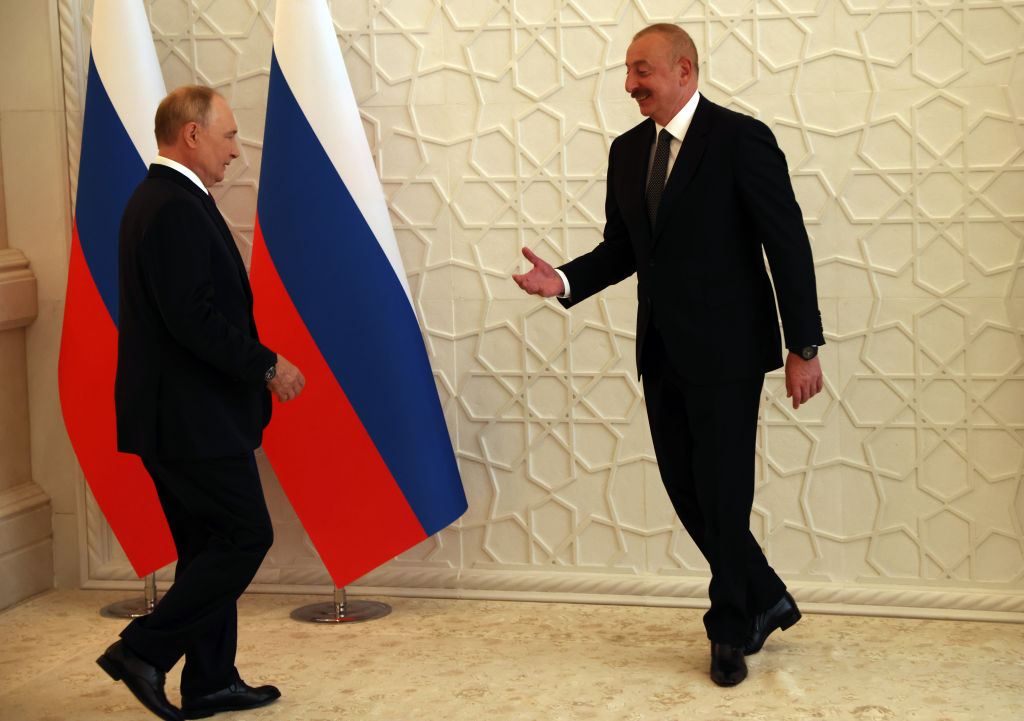Immigration is not just the elephant in the European Union’s room. It is a horde of stampeding elephants, running at full speed toward the European establishment. Facing this threat, Brussels is attempting somehow to react.
In the last European elections illegal immigration was one of the key factors that led to the ascent of national conservative parties. And even though this did not translate into a more right-wing European Commission, elections all around Europe currently show that the trend is all but receding.
In come the so-called return hubs. In a last-ditch effort to turn the tables, Ursula von der Leyen and Company now warm up to the idea of sending illegal immigrants who have not obtained asylum status to non-EU countries, either in Europe or elsewhere.
It is not the first time this idea has been floated. Both the United Kingdom and Denmark have mulled over a plan that would send illegal immigrants to Rwanda. Italy’s Prime Minister Giorgia Meloni has signed a protocol with Albanian Prime Minister Edi Rama for 36,000 asylum-seekers to be processed annually in Albania. At the same time in the Netherlands a project is being discussed for immigrants to be sent to Uganda.
The European People’s Party (EPP) first brought up the idea in its annual meeting in Bucharest a couple of months before the European elections. Analysts back then pointed out that Manfred Weber’s proposal was a rhetorical bait, so as to attract conservative voters back to the EPP.
Indeed, the whole return hub idea is extremely complicated and problematic. Even in Italy, where it has supposedly been decided, legal implications have come up and the road from theory to practice still looks very long.
Of course, it is not only legal questions that prevent return hub projects from being materialised. In order for such plans to work, countries outside the EU must agree to cooperate. This is subject to incentives and motives offered to them by Brussels.
The keyword here is money. For what other reason should a country in Africa, Asia, or elsewhere, agree to host thousands of people of diverse backgrounds, poor in skills and education, as well as prone to breaking rules and laws on their soil?
So should the idea catch on and eventually be put to practice, even despite strong objections from progressives, both in politics and in civil society, the bill is expected to be rather hefty for Brussels.
But even the cost may be besides the point. After all, the whole notion of return hubs seems to be a self-defeating argument. If the establishment is really concerned with the number of illegal immigrants in the EU, why let them in in the first place?
Brussels bigwigs are all for bringing in millions of people, mainly young males, mainly Muslims from Asia and Africa. They are all for substituting indigenous Europeans in the name of multiculturalism and cheap labour. If they are truly concerned with the implications of their policy, they could simply reverse it.
However, the European establishment is not at all willing to fundamentally change the values and priorities that it upholds. So when it comes under pressure from voters, it needs to come up with useful gimmicks.
Who wants to close the borders, do away with handouts and social security to illegal immigrants, halt the Islamisation of the Old Continent and strengthen the traditional family, when one can embark on yet another endless talk about things like return hubs?





US takes action against Beijing’s espionage and propaganda. What will Europe do?